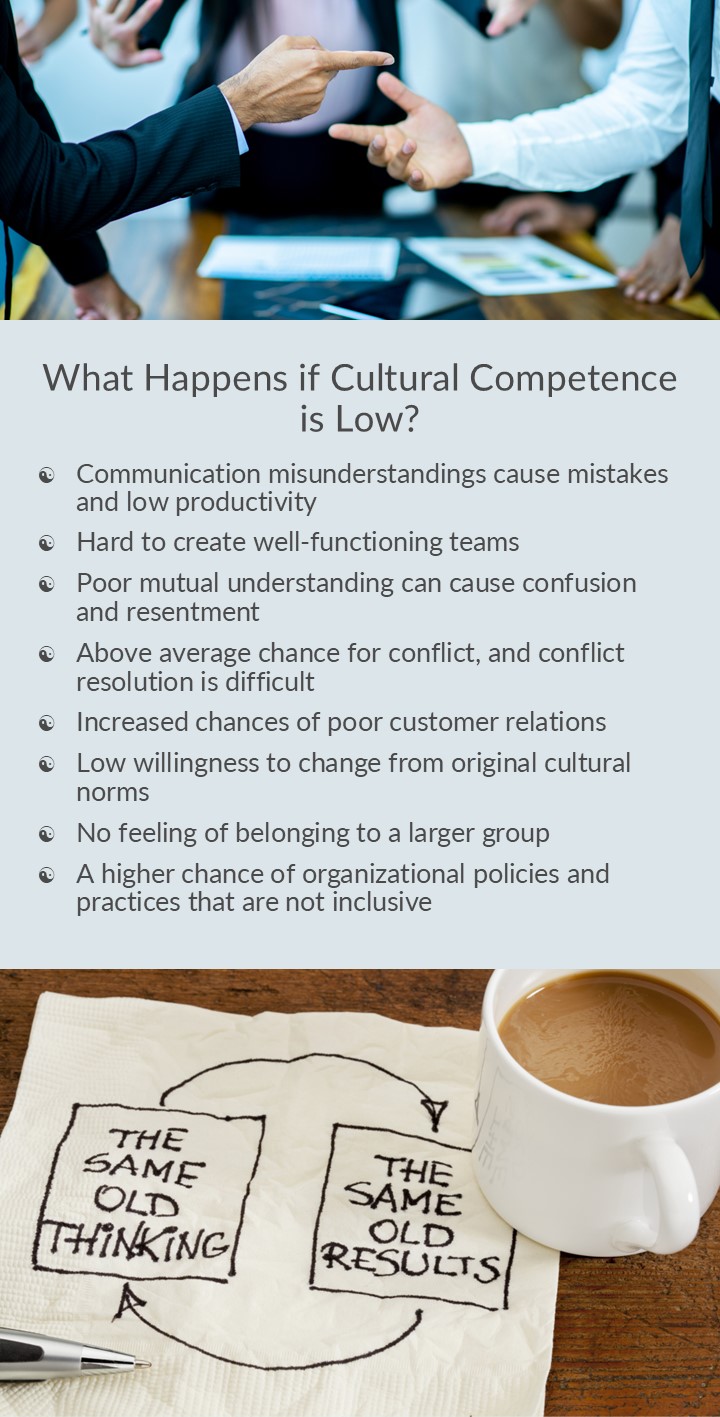Let Plato Help Improve Your DEI Results
DEI results improve and productivity rises when everyone is on the same cultural page. Cultural competence is a force multiplier, affecting attitudes, motivations and actions.
Cultural competency is more than learning what to do and how to it. Cultural competence requires understanding at a lower, fundamental level
Every culture starts with a goal, something people try to achieve. The goal affects how we communicate, work and live.
The Western cultural goal has one father and two helpful uncles. The father of Western culture is Plato, uncles are Socrates and Aristotle.

Your group has finished Let Plato Help. What changes in behavior can you expect to see?
Most Westerners don't know much about their culture. What most know they learned just by living here. Once they learn the Western cultural goal and how trying to achieve it built our modern world, they will feel increased pride and respect for Western culture. Knowing the goal helps them see why they do as they do and how they do it.
Learning Western core values--freedom, equality, fairness--opens minds to new ideas. They will find it easier to change behaviors once they realize their way of doing things is not the only way to do them, it's just one of the ways to do it. This likely means more cooperation with migrants once they understand how difficult it is for a non-Westerner to adjust to Western culture.
Most migrants know little about Western culture. Many have learned what to do and how to do it, but are still confused. Some Western norms are opposite of what they learned growing up, and following them is hard. Sometimes they don't do it, or care about doing it well.
Understanding Western culture is liberating; the confusing things now make sense. Once they know why Westerners do wrong things, doing them becomes easier (see More Information). Knowing why the West and Westerners are as they are will help many feel more comfortable in Western culture.
Learning Western core values (freedom, equality, fairness) and core attitudes like being open minded, respect for effort and sharing ideas changes behavior. Knowing why Westerners do "wrong" things makes it easier for them to do wrong things too.
Migrants will find it easier to cooperate with Westerners because they will know why Westerners do what they do. What they are asked to do is now legitimate, not something just made up.
Mutual understanding has many benefits that improve DEI results.
A key benefit is improved communication. Mutual understanding improves efficiency and effectiveness by reducing mistakes and misunderstandings. Team members can more easily and openly discuss their needs and concerns.
Clear bottom-to-top communication offers decision makers more information with which to make better decisions; clear top-to-bottom communication makes it easier for team members to understand and implement new policies.
Mutual understanding removes a key barrier to collaboration. It is far easier to cooperate if you understand the other's cultural motivations, as well as their strengths and weaknesses.
A sometimes overlooked but actually a key benefit is better mutual trust and group morale. Knowing each others' perspectives makes building trusting relationships much easier. Teams require trust to perform at peak efficiency. Other benefits from mutual understanding include reduced conflict and easier conflict resolution, stronger leadership, increased creativity and innovative ideas, and increased employee engagement.
Mutual understanding makes work much more enjoyable.
I taught courses, led projects, solved cultural problems, consulted on strategy and improved productivity via 360 surveys, Business Process Improvement, Performance Management, TQM and Re-engineering.
For 12 years I advised the international trade part of the Swiss Government on working with Chinese, including, offering advice, consulting and training over 1000 Swiss middle and senior management.
Missing clients include Ford, Novartis, Merck, Motorola, Trane, Hewlett Packard, IBM, Texas Instruments, Nestle, Maersk, ABB, HSBC, Amway, Philips, China External Trade Department, and The Asia Pacific Foundation.





Let Plato Help is true micro-learning, 36 five-minute lessons you can learn on the bus, standing in line or sitting in the park. Short lessons improve focus, learning and comprehension and boost completion rates.
Let Plato Help is intended for all cultures and is most effective when organizations or groups take it together. This sparks questions and conversation, keys to real learning.
By signing up you receive a 2,500 word White Paper, China Has Changed, The Chinese Haven't. It is a model of how to understand the fast-paced change in cultures, societies and people.
